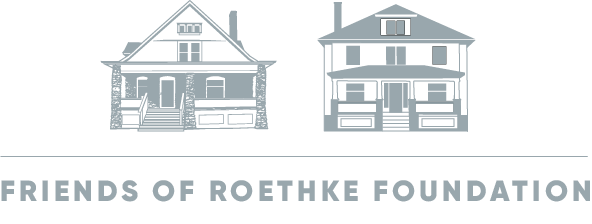“Moss Gathering” and Roethke’s Romantic Child of Nature with Marc Malandra
In a recent speaker series event, Dr. Malandra shared how he fell in love with Theodore Roethke's poetry because Roethke’s work “felt fresh and alive.” Dr. Malandra’s dissertation was built upon the epitaph from Roethke’s Straw for the Fire, inspired by the poetics of origins in Roethke through feelings of connection with lines such as “Father-stem and Mother-root.” Dr. Malandra also shared that “Freudian and Jungian concepts are important to understanding Roethke.”
During his presentation, Dr. Malandra stated that he could rename this speaker series to “Theodore Roethke’s Root Seeking Poetics” as he believes Roethke’s work shows a connection to the natural environment and Roethke’s feelings of guilt as he violated the natural order while working in his family’s greenhouse business.
Discussions enjoyed after Dr. Malandra’s presentation included the symbolism of Theodore Roethke wrestling with his father in a struggle for identity as Roethke strove to separate his father’s voice from the voice of a higher power (the universe, God).
Dr. Malandra received his bachelor's degree in literature from the College of Creative Studies at the University of California, Santa Barbara, and a master's degree in English and Creative Writing from the University of California, Davis. He also received a Master of Fine Arts in Creative Writing and a Ph.D. in English from Cornell University. Professor Malandra has had opportunities to teach at Cornell University, the University of California, Davis, various businesses and high schools in Japan, the University of California, Santa Cruz Extension, and Hartnell College. His areas of specialization are nineteenth-, twentieth-, and twenty-first-century American literature, multicultural literature, poetry, and creative writing (www.biola.edu).


